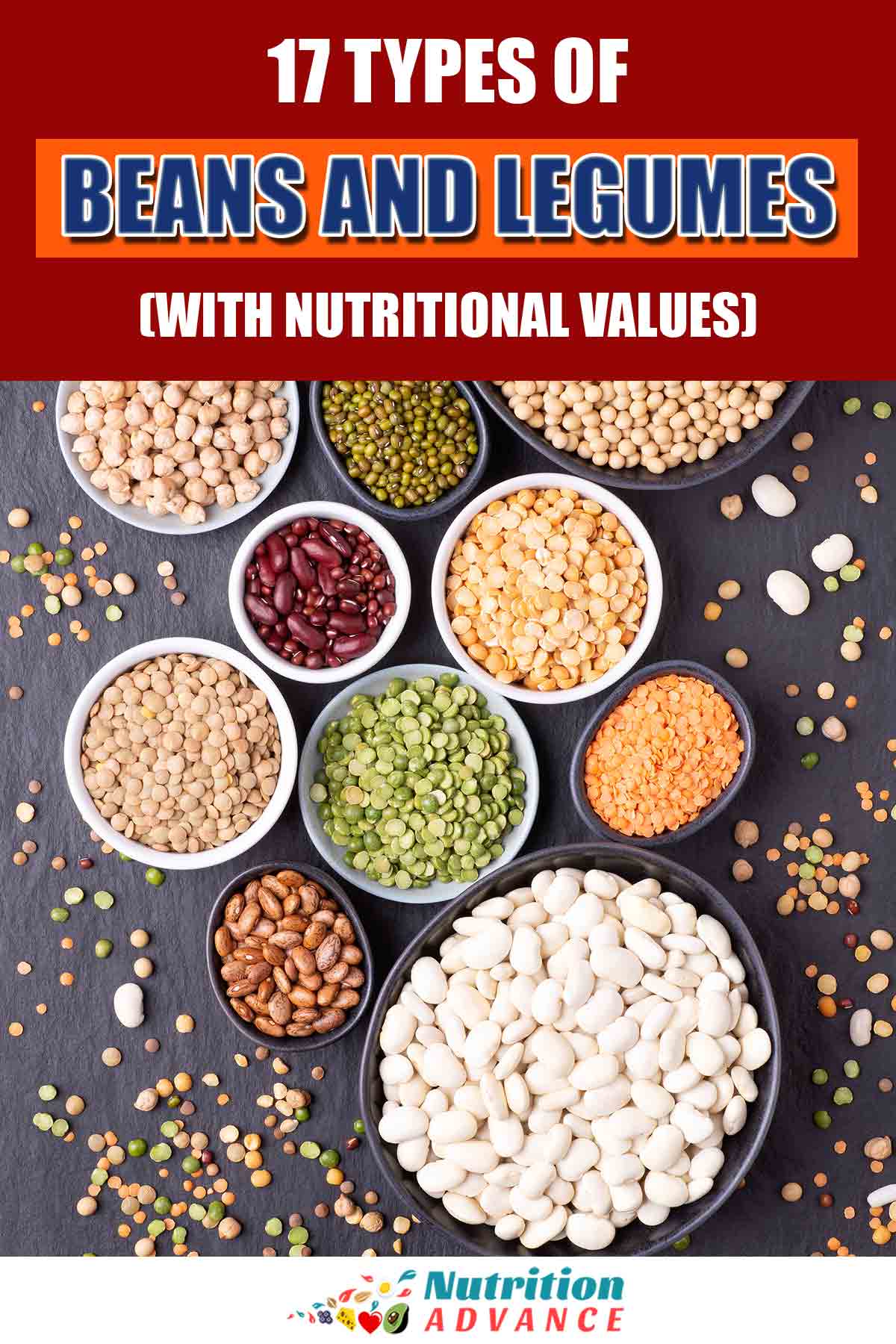
Navigating Gluten Sensitivity: Essential Diet Tips for Wellness
Gluten sensitivity is a common condition that requires careful attention to dietary choices. Understanding how gluten impacts the body and adopting a gluten-free lifestyle can significantly improve the well-being of those affected. In this article, we’ll explore essential diet tips for individuals navigating gluten sensitivity.
Understanding Gluten Sensitivity
Gluten sensitivity, also known as non-celiac gluten sensitivity (NCGS), is a condition where individuals experience symptoms similar to those of celiac disease after consuming gluten. While it does not cause the same autoimmune response as celiac disease, it can lead to various symptoms such as digestive issues, fatigue, and headaches.
Identifying Gluten-Containing Foods
The first step in managing gluten sensitivity is learning to identify foods that contain gluten. Common sources include wheat, barley, rye, and their by-products. Reading food labels diligently is crucial, as gluten can hide in various processed foods under different names.
Adopting a Gluten-Free Diet
The cornerstone of managing gluten sensitivity is adopting a gluten-free diet. This involves eliminating all sources of gluten from the diet, including bread, pasta, cereals, and most baked goods. Instead, focus on naturally gluten-free alternatives like rice, quinoa, and gluten-free flours for baking.
Choosing Naturally Gluten-Free Foods
Fortunately, many whole foods are naturally gluten-free. Fresh fruits, vegetables, lean proteins, dairy, and most nuts and seeds are safe options. Building meals around these natural, gluten-free foods ensures a well-balanced and nutritious diet.
Exploring Gluten-Free Grains and Flours
Diversifying the diet with gluten-free grains and flours is essential for variety and nutritional balance. Quinoa, rice, buckwheat, and almond flour are excellent alternatives. Experimenting with these options can add new flavors and textures to your meals.
Beware of Cross-Contamination
Cross-contamination is a significant concern for those with gluten sensitivity. Even small amounts of gluten can trigger symptoms. Use separate cooking utensils, cutting boards, and kitchen tools to avoid cross-contamination during food preparation.
Navigating Dining Out Challenges
Eating out presents unique challenges for those with gluten sensitivity. Researching restaurants in advance, communicating dietary needs to the server, and choosing establishments with gluten-free options can help navigate dining out safely.
Building a Support System
Living with gluten sensitivity can sometimes be challenging, emotionally and socially. Building a support system of friends, family, and perhaps joining gluten-free communities can provide encouragement, share tips, and offer understanding during challenging times.
Monitoring Nutrient Intake
A gluten-free diet may sometimes lack certain nutrients found in fortified wheat products. Monitoring nutrient intake and, if necessary, incorporating supplements can help ensure that individuals with gluten sensitivity receive essential vitamins and minerals.
Consulting with Healthcare Professionals
Individuals with gluten sensitivity should consult with healthcare professionals, such as dietitians or nutritionists, for personalized advice. These experts can provide tailored guidance on maintaining a balanced diet while avoiding gluten-containing foods.
In conclusion, managing gluten sensitivity involves more than just avoiding gluten-containing foods; it requires a thoughtful and well-rounded approach to nutrition. By understanding the condition, making informed food choices, and seeking support when needed, individuals with gluten sensitivity can lead a healthy and fulfilling life.
For more detailed information on gluten sensitivity and diet tips, visit Gluten sensitivity and diet tips.




